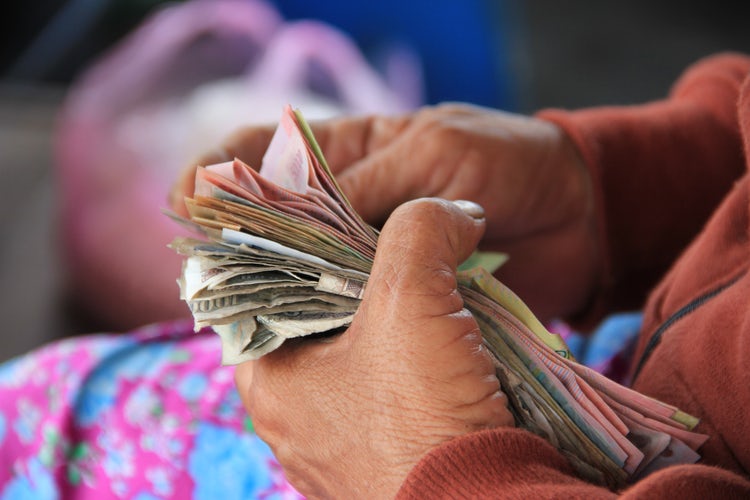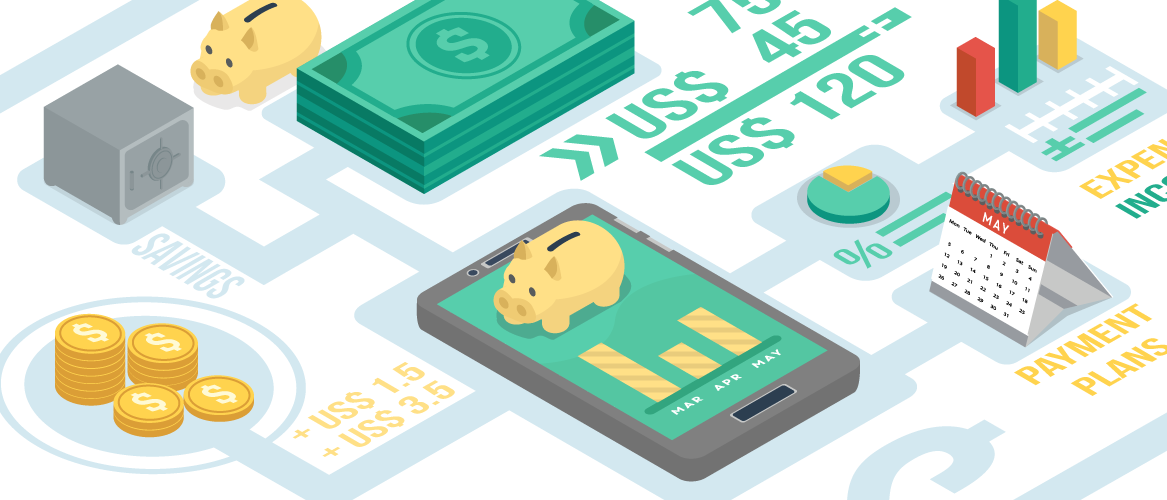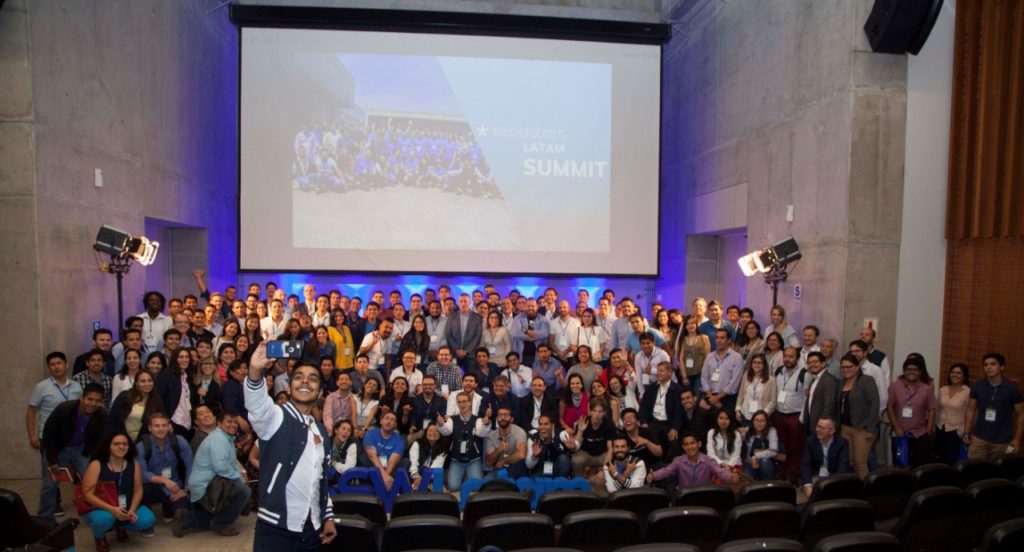In Latin America 400 million people do not have bank accounts, leading the fintech community to hone in on financial inclusion as a strategic objective for growth.
Financial inclusion is one of the main distinctions between Latin America and the more developed fintech ecosystems such as London and Singapore. Over 50% of the population in the LatAm region are unbanked, meaning that they lack access to formal financial services; they do not have saving accounts, credit cards, nor the possibility of acquiring loans.
Social mobility without financial literacy is hard; this is especially true for a large portion of the region’s demographic on the fringe of society. The inability to access banking infrastructure, or credit, disrupts a persons financial stability and growth as they are unable to seek financial assistance or manage money.
Fintech companies are providing solutions for many
However unbanked the region may be, technology such as mobile phones and increasingly smart phones represents accessibility for millions of people. In fact, the number of mobile phone users in Latin America is expected to rise to around 415 million by the end of 2017. Smartphones users are also expected to grow by 12% per year through to 2019.
Fintech startups in the region are tapping into the opportunity of using online and mobile solutions to facilitate the adoption of financial services. Latin America already has sprouted 700 fintechs, and 60% of them were founded in the last three years.
Andres Fontao, co-founder of Finnovista and FINNOSUMMIT—one of Latin America’a largest fintech conferences— commented that “the biggest barrier for the unbanked population is that they do not have access to a physical branch”, referring to ATMs, banks, physical cards and other elements. “With mobile phones you can enable payments across borders, can send and receive money without having to visit a branch or take money from an ATM”, he explained.
Not only can fintech offer online payments and transfers through mobile devices, but it can also use big data to create a financial profile for the unbanked.
For example, obtaining a loan is almost impossible without a bank account, as there is no way to prove credit history. Fintech companies, however, are providing alternative credit scoring algorithms, such as psychometric testing, that enables lenders to make a decision on whether a person is creditworthy or not. Working in the same way a bank would to determine credit score but using unconventional data points methods, fintech companies are enabling the unbanked population to access loans, an otherwise unreachable dream for many.
It is clear that fintech startups are reaching out to the unbanked population by taking a very different approach to traditional financial institutions. What excites Fontao, and his fellow colleagues working in the regions startup ecosystem, is that “startups are experts in identifying and solving specific problems.” Unlike the the big banking competitors operating in this same space, who want to have solutions for everyone and everything, startups take the other route. They identify one specific problem and then provide one clear solution to it.
Fintech in LatAm: beyond the unbanked
Fintech startups are targeting not solely individuals living without bank accounts, but small and medium sized enterprises (SMEs). Many of Latin America’s small businesses do not accept credit cards, operating in cash only even for supplier payments. Fintech companies can provide businesses with online financial inclusion, such as credit card reader apps, allowing them to accept cards while tracking their own financial data.
TiendaPago, operating in Mexico, Venezuela and Peru, has developed a digital solution to provide working capital to SME’s. While Clip, a Mexican startup, has created a hardware that can be plugged into any mobile device, allowing businesses to store and access their financial data. These and other like-minded startups are delivering essential financial services directly to those unbanked in an accessible and mobile way. Empowering “unbanked business to get on the path to be banked” says Fontao.
The spaces fintech can fill are endless. Übank, a Chilean startup, has created an automatic saving app that helps you save based on your lifestyle and everyday activities. Although initially targeting millennials, Mijael Feldman, CEO and Co-founder of Übank, has said that the company wants to go further and extend their reach to lower income communities. Accessing methods of savings can be difficult, particularly for people living remotely, or for those with little knowledge or entry into formal financial institutions. With Übank, Feldman “wants to democratize savings”, making it yet another fintech startup identifying and solving a problem that the banks have not.
Not all is smooth sailing, though
According to Feldman, Übank’s recent pilot programs in lower income communities in Chile have been met with enthusiasm, and success. However, not all fintech startups have received the same high level of interest.
Consumer adoption is a heavy challenge fintech startups face, due to the level of trust needed when dealing with money and finances. Building trust with the user is something startups have to take into careful consideration, especially when directing their solutions to the unbanked population. As a group of people with no ties or experience to any financial service providers, education is key to getting the unbanked onboard with new fintech solutions.





